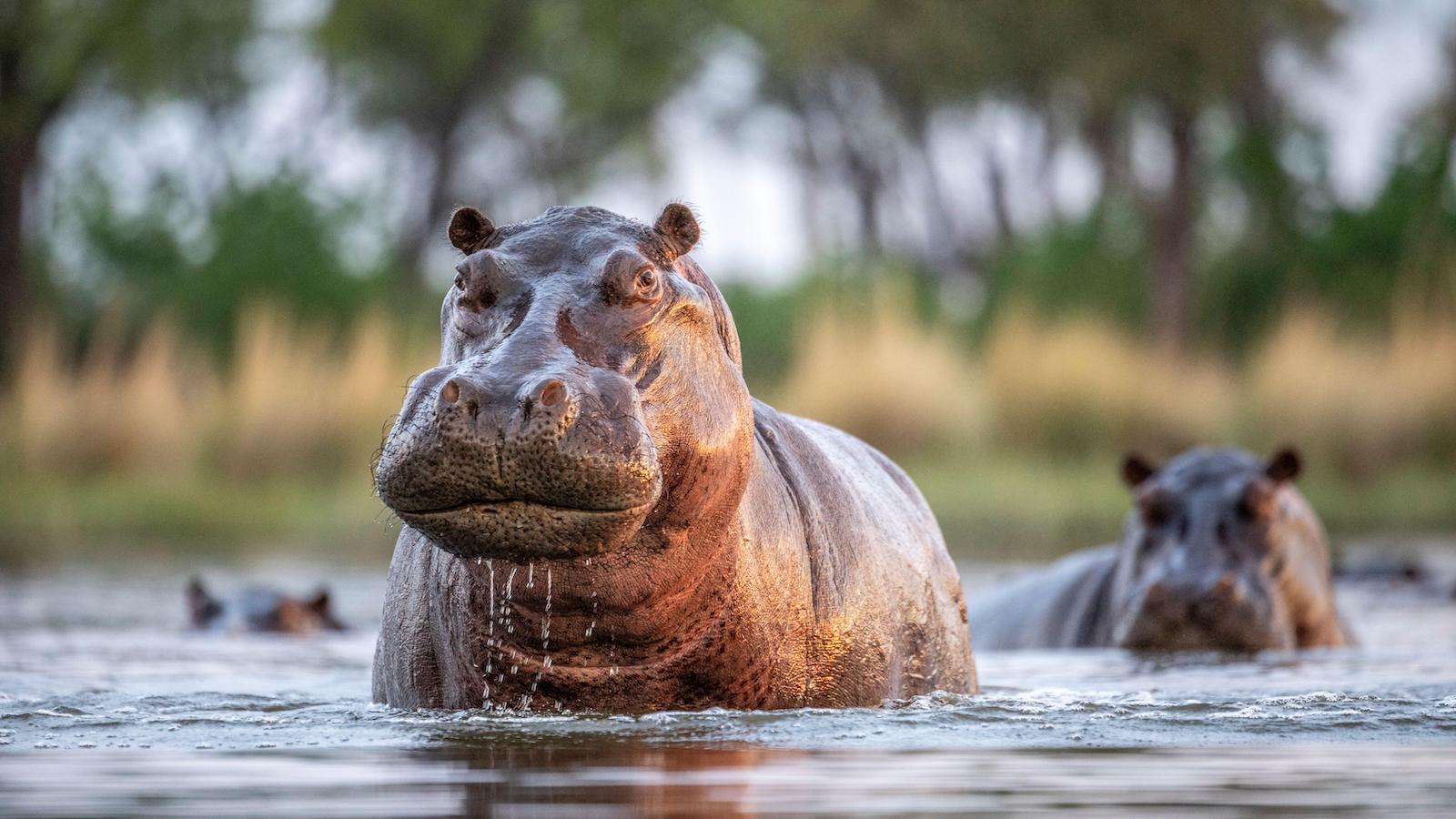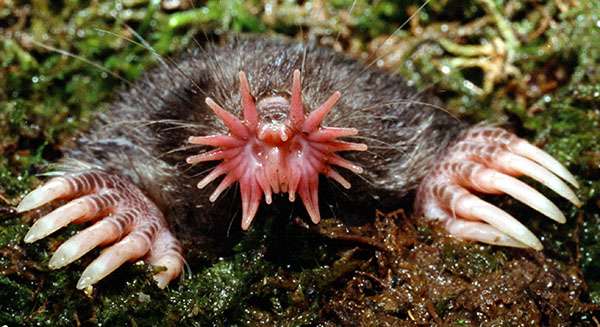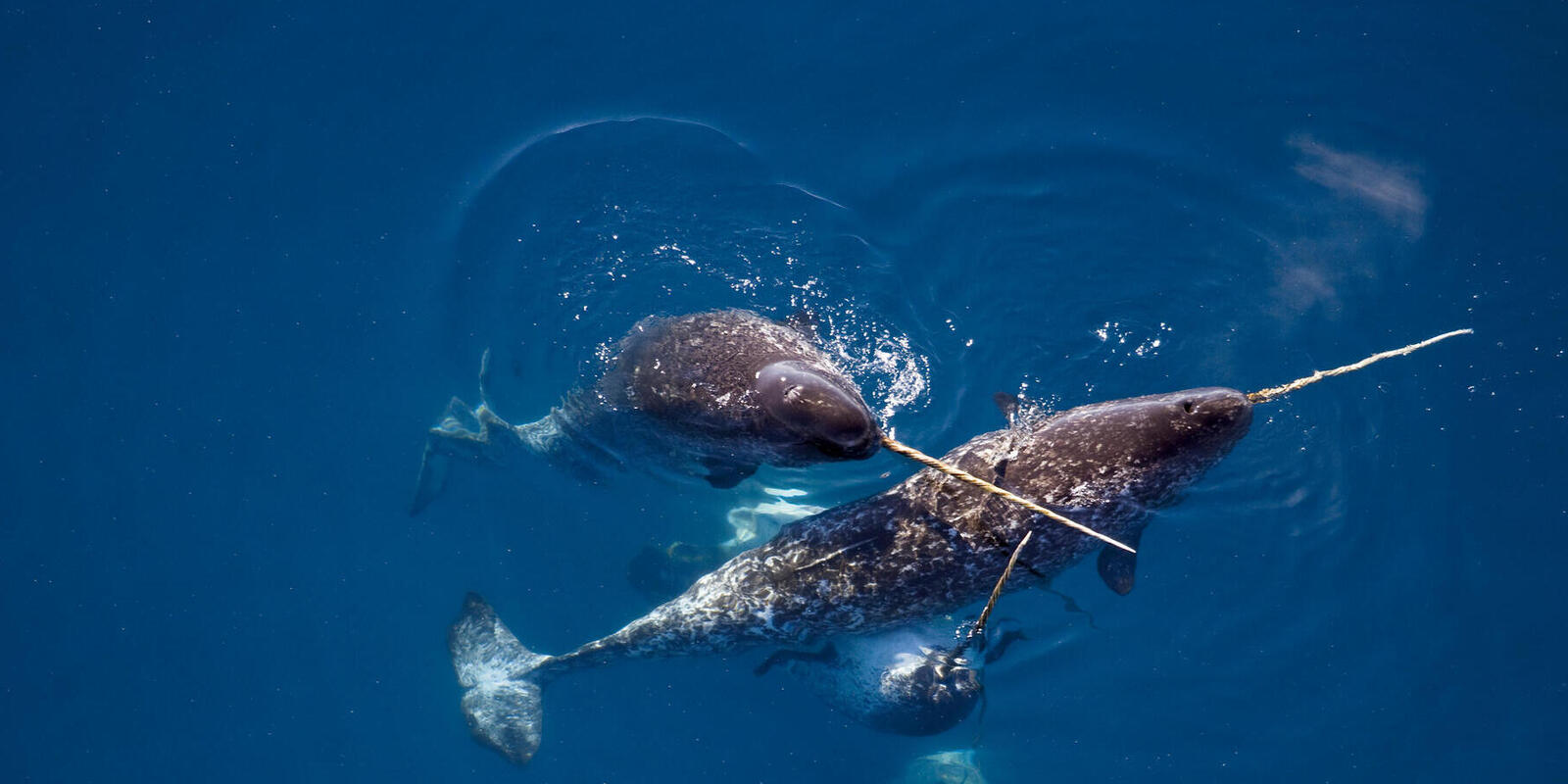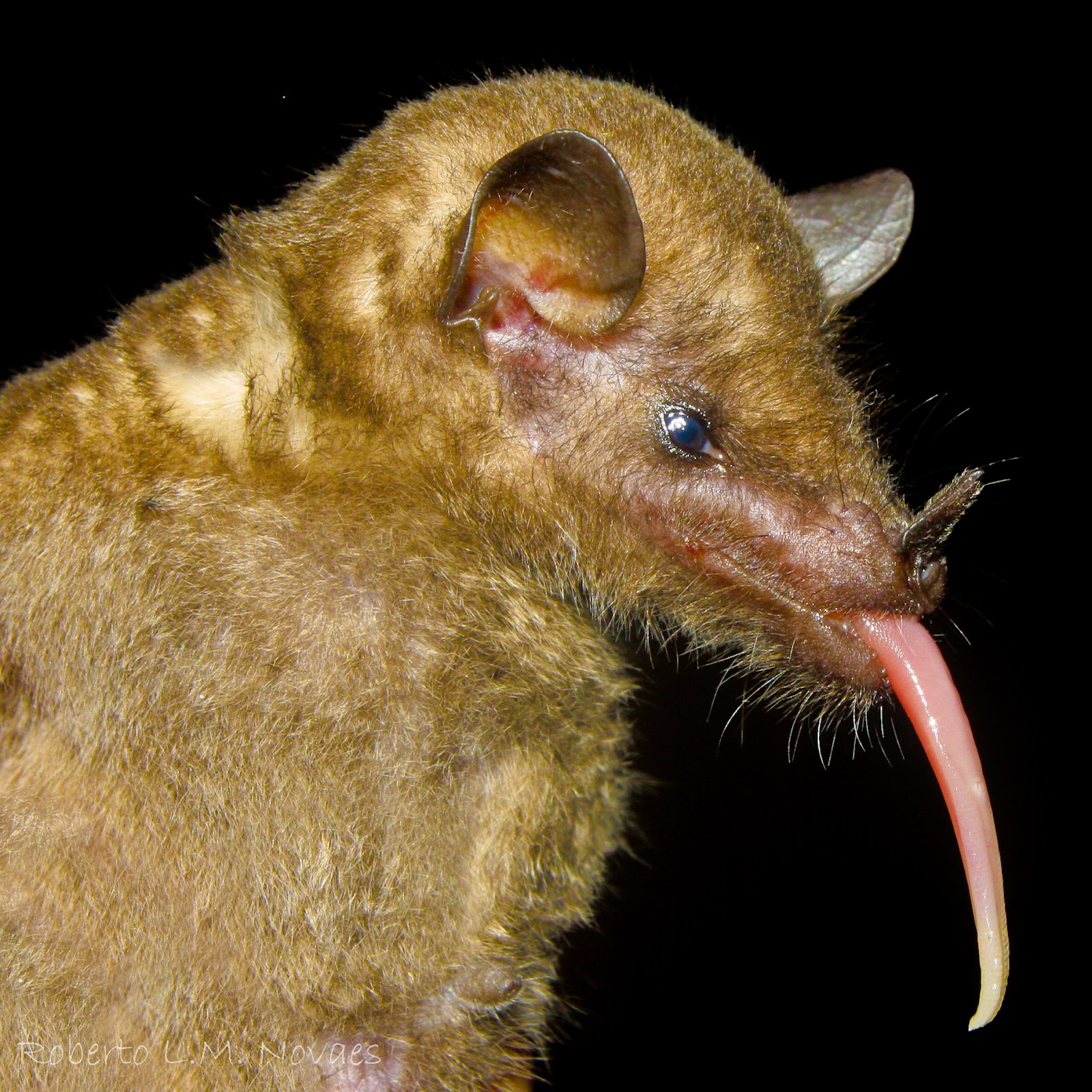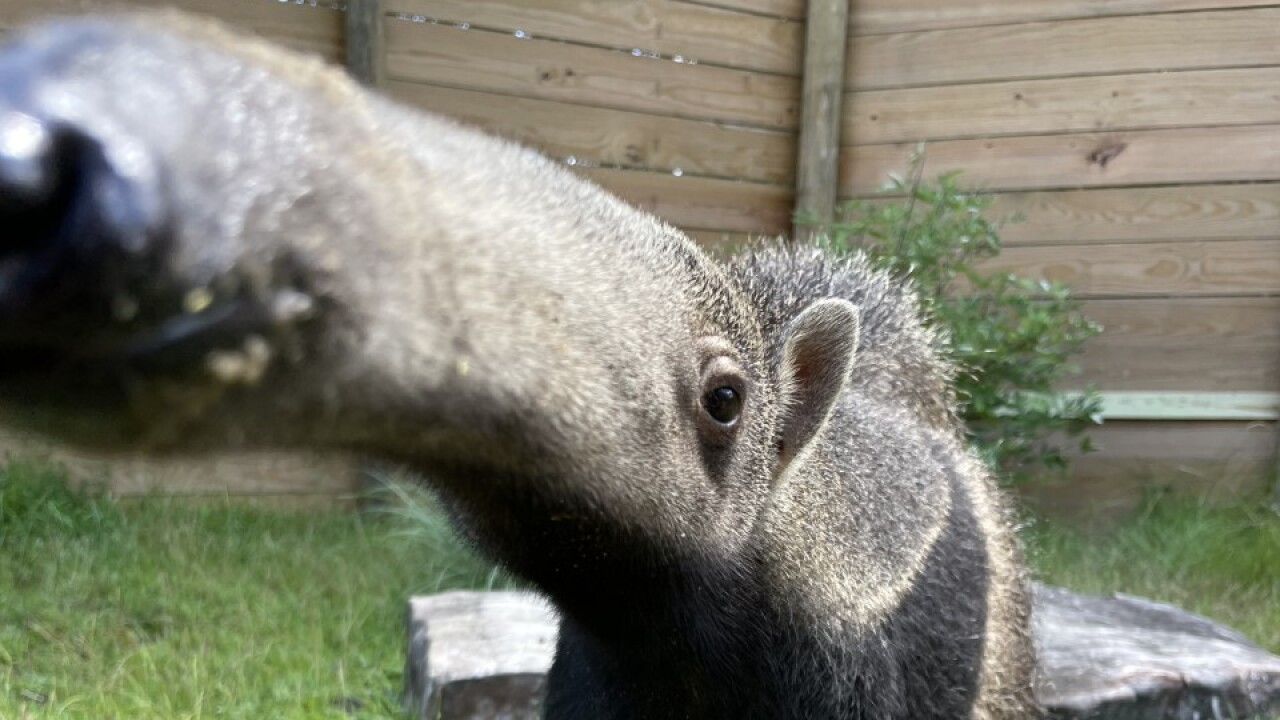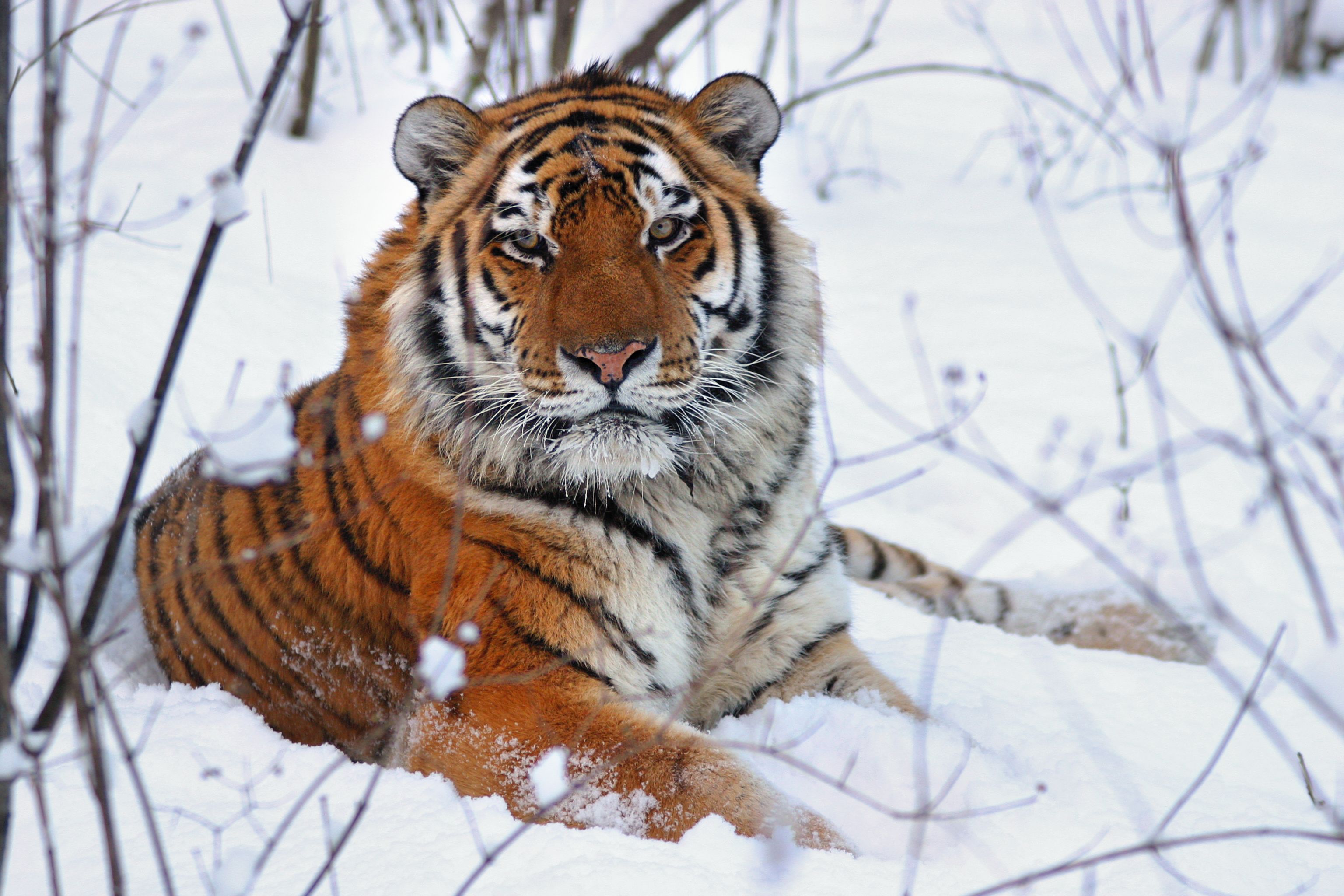-
Domestication and Partnership:
- Horses were one of the first animals to be domesticated by humans, and they have played a crucial role in the development of human civilizations. The partnership between humans and horses has been essential for transportation, agriculture, and various cultural and recreational activities.
-
Versatility:
- Horses are incredibly versatile animals. They have been used for a wide range of purposes, including transportation, agriculture, sports, therapy, and even in warfare. Their strength, speed, and intelligence make them adaptable to various roles.
Related: Top 10 animals that sleep the least in the world

- Horses are incredibly versatile animals. They have been used for a wide range of purposes, including transportation, agriculture, sports, therapy, and even in warfare. Their strength, speed, and intelligence make them adaptable to various roles.
-
Intelligence and Emotional Connection:
- Horses are known for their intelligence and ability to form strong emotional connections with humans. They can learn complex tasks, respond to cues, and build trust with their riders or handlers. The bond between humans and horses is often described as unique and mutually beneficial.
-
Communication Skills:
- Horses communicate with each other and with humans through a combination of vocalizations, body language, and facial expressions. They are highly sensitive to human emotions and can often pick up on subtle cues from their handlers.
-
Unique Gastric System:
- Horses have a unique digestive system known as hindgut fermentation. They are hindgut fermenters, which means that fermentation of fibrous material occurs in their large cecum and colon. This adaptation allows them to efficiently extract nutrients from plant-based diets.
-
Strong Social Structure:
- In the wild, horses live in social groups with a hierarchical structure. They form strong bonds with other members of their group and exhibit cooperative behaviors. Understanding and respecting the social dynamics of horses is crucial in their care and handling.
-
Wide Variety of Breeds:
- There are numerous horse breeds, each with its unique characteristics, size, and abilities. Breeds are often specialized for specific tasks, such as racing, show jumping, dressage, or farm work. Examples include the Arabian, Thoroughbred, Clydesdale, and many more.
-
Herbivorous Diet:
- Horses are herbivores, primarily consuming grasses and other plant materials. Their digestive system is adapted to process fibrous vegetation, and they have large, complex teeth for grinding down tough plant matter.
-
Instinctual Flight Response:
- Horses have a strong instinctual flight response, meaning they are naturally predisposed to flee from perceived threats. Understanding and managing this flight response is crucial for working safely with horses.
-
Longevity and Aging Process:
- Horses have a relatively long lifespan, with many living into their late teens or twenties. Their aging process is characterized by specific changes in their teeth, coat, and overall body condition. Proper care, nutrition, and veterinary attention are essential for their well-being throughout their lives.
-
Therapeutic Benefits:
- Equine therapy, or horse-assisted therapy, has become a recognized form of therapy for individuals with physical, emotional, or developmental challenges. Interacting with horses can have therapeutic effects, promoting relaxation, trust-building, and emotional well-being.
Horses continue to be an integral part of human history and culture, and their special qualities make them cherished companions, partners, and athletes in various human activities.
